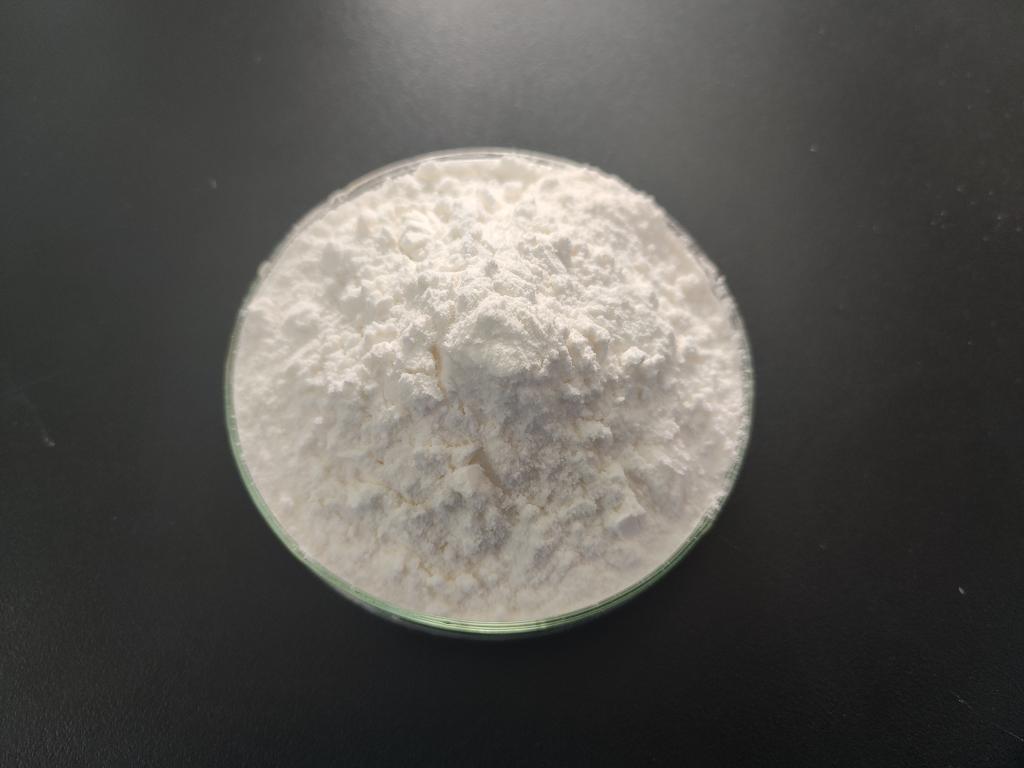Tel:+8618231198596

News
 CONTACT
CONTACT
 CONTACT
CONTACT
- Linkman:Linda Yao
- Tel: +8618231198596
- Email:linda.yao@dcpharma.cn
- Linkman:CHARLES.WANG
- Department:Overseas
- Tel: 0086 0311-85537378 0086 0311-85539701
News
Current Position:
Home >
News
>ε-Polylysine hydrochloride as a natural alternative to artificial preservatives
ε-Polylysine hydrochloride as a natural alternative to artificial preservatives
TIME:2024-09-04
Advantages:
Safety: ε-Polylysine is considered safe and has been approved by regulatory bodies such as the U.S. Food and Drug Administration (FDA) and the European Union for use in human foods, suggesting it may be suitable for pet foods as well.
Natural Origin: As a substance produced through fermentation, it offers a non-chemically synthesized option that aligns with the demand for less processed, more natural ingredients.
Antimicrobial Properties: Due to its strong antimicrobial capabilities, it can effectively prevent microbial contamination in pet foods, reducing the risk of spoilage.
Versatility: ε-Polylysine can work under different pH conditions and can be used in combination with other preservatives to enhance efficacy.
Application Challenges:
Cost-Effectiveness: As a novel preservative, its production costs might be higher than those of traditional artificial preservatives, potentially increasing the manufacturing cost of pet foods.
Stability: While ε-Polylysine exhibits good stability under many conditions, its effectiveness might be affected in specific environments (such as high temperatures or extreme pH levels).
Regulatory Compliance: Different countries and regions have varying regulations regarding food additives, requiring assurance that ε-Polylysine meets local safety standards.
Conclusion:
With growing consumer concern over the quality and safety of pet foods, ε-Polylysine holds significant potential as a natural preservative in the pet food industry. Not only does it help improve food safety and extend shelf life, but it also meets the needs of pet owners seeking healthier and more natural options. However, manufacturers need to balance cost-effectiveness and ensure compliance with all relevant food safety regulations.
- Tel:+8618231198596
- Whatsapp:18231198596
- Chat With Skype







